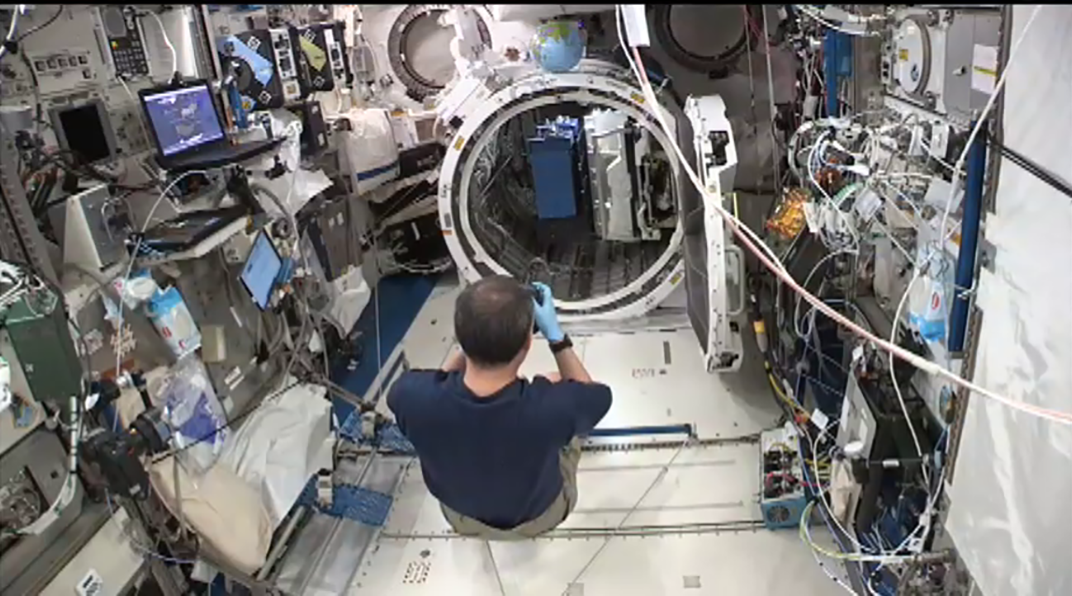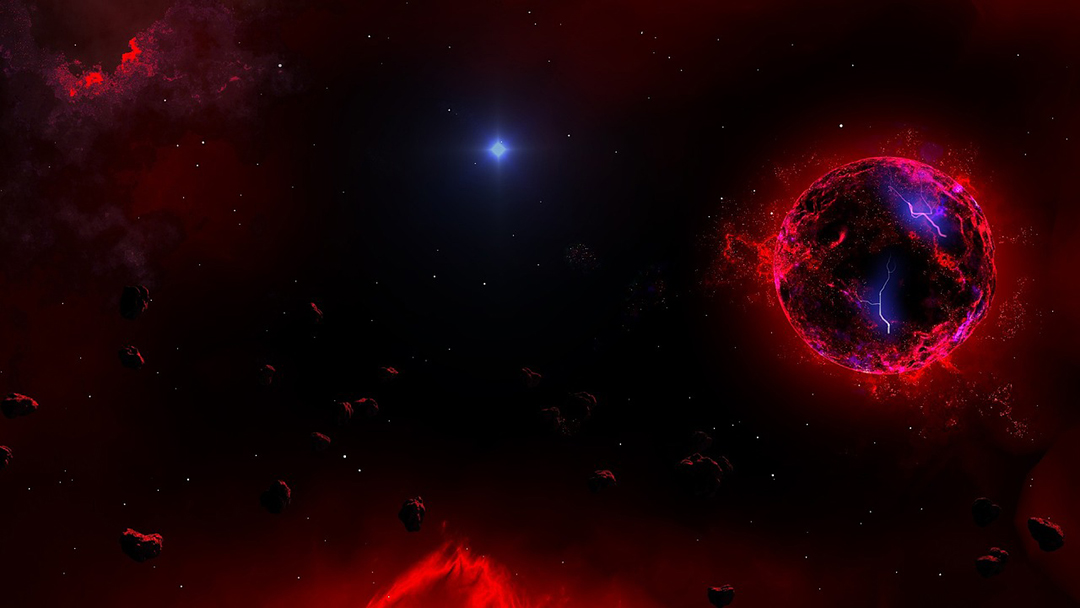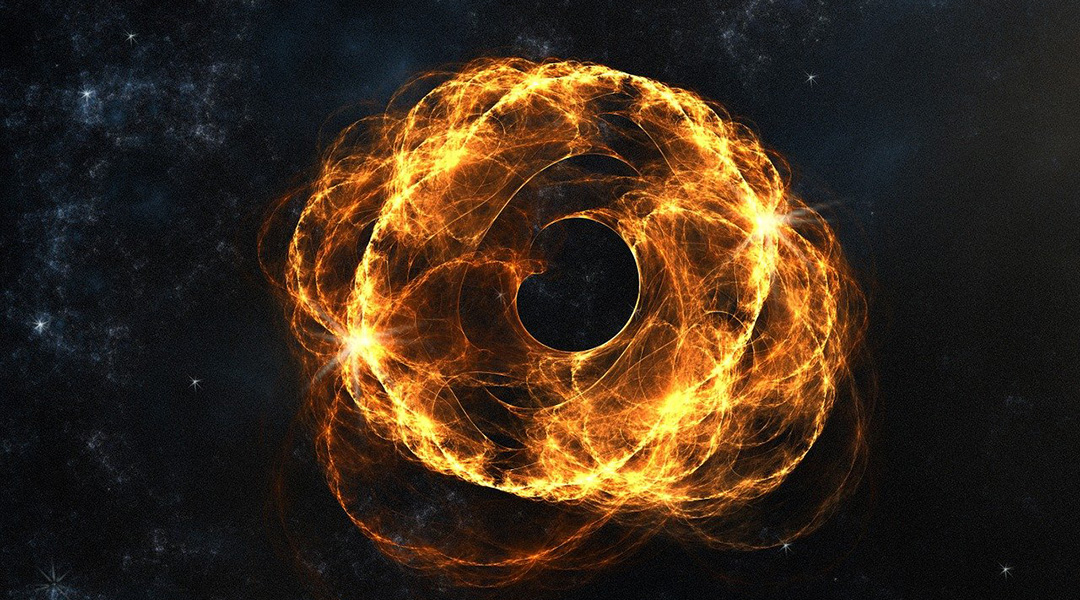Cosmic radiation degrades medications like ibuprofen, highlighting the need for new “space” medicines with modified formulations.


Cosmic radiation degrades medications like ibuprofen, highlighting the need for new “space” medicines with modified formulations.

String theory could reshape our understanding of the Universe’s accelerating expansion and unlock the mysteries of dark energy.

Scientists have built atomic clocks with unprecedented levels of precision by harnessing quantum entanglement.

New research on dwarf galaxies challenges the idea that dark matter is collisionless, suggesting it may interact in unexpected ways

Two individual comb jellies can fuse into a single organism, providing an incredible feat of regeneration rarely seen in the animal world.

The discovery of colossal structures like the Big Ring is reshaping established theories about the physics of the Universe.

Mimicking one of the body’s most complex organs isn’t easy, but researchers are making progress.

Could neutron stars hold the key to observing dark matter? Researchers believe studying them might one day reveal this elusive substance.

In this third and final article in a series on philosophy and science, we look at how modern science shows the validity of dialectical processes and how this can help guide science.

During the tumultuous mergers of black holes, smaller black holes called morsels could produce detectable Hawking radiation.